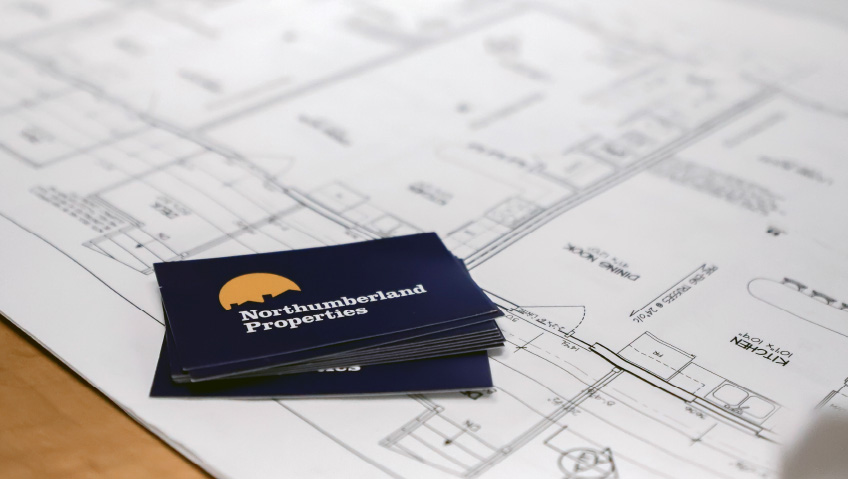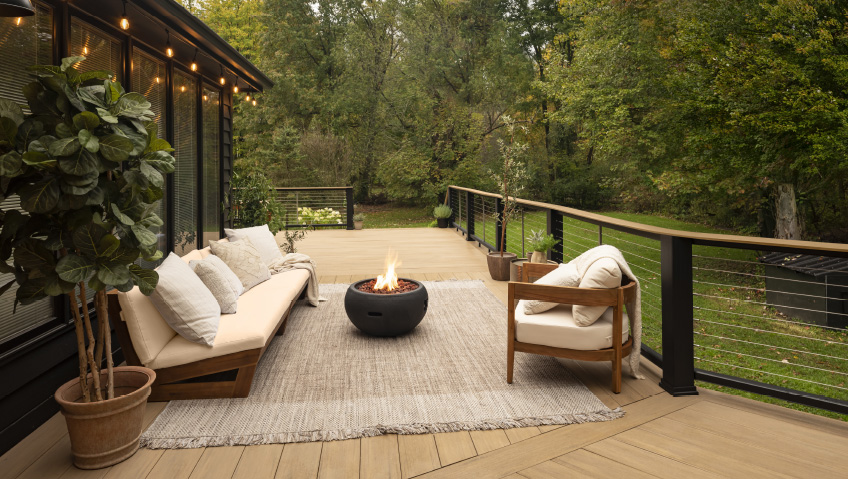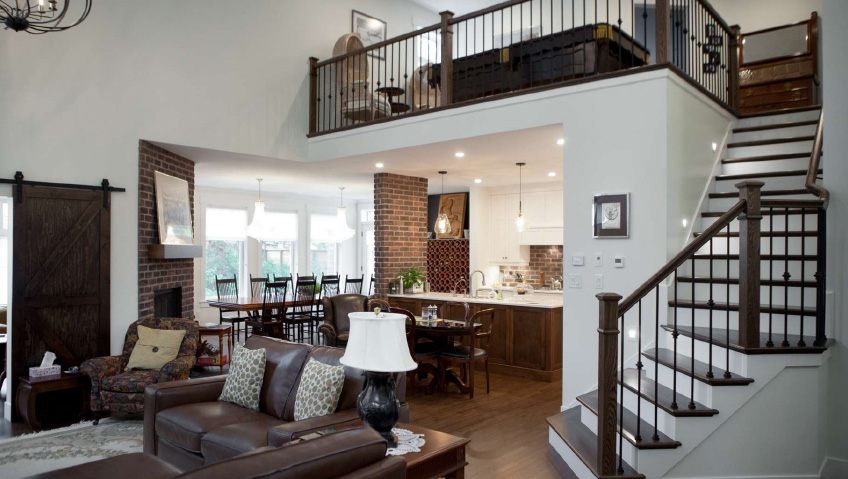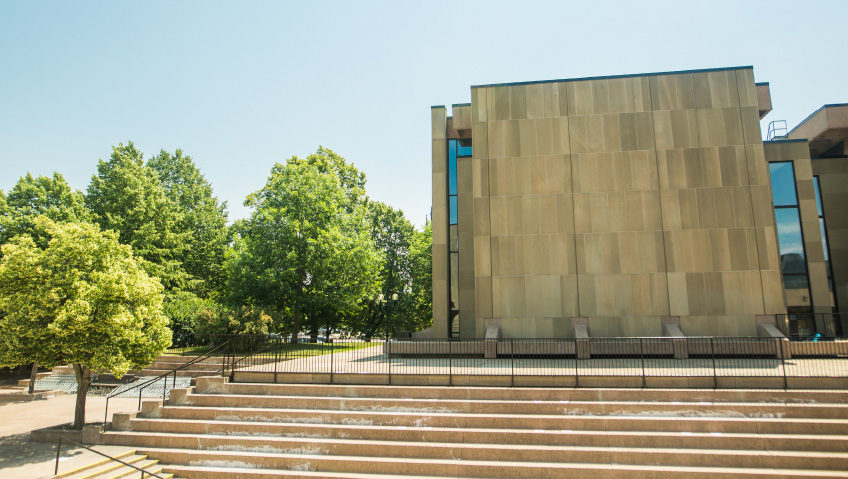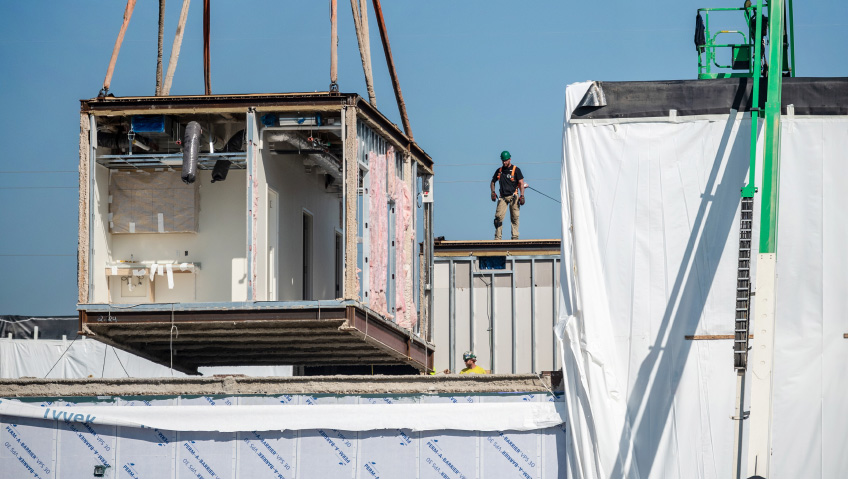It’s easy to be green for Mobu Enterprises, builder of custom residential and commercial structures made from shipping containers produced by a skilled team of architects and designers. Initially starting with a small collection of apartment buildings, Mobu has since expanded to urban and rural communities, providing the best in green building while continuing to embrace its motto: “Save our community, save our world, by helping our clients and their future generations construct green areas that withstand the test of time.”
Founded in 2018, Mobu’s woman- and minority-owned company boasts years of project, operations, construction, and development experience. The company creates structures that both lessen carbon footprints and lower overall out-of-pocket expenses while rebuilding communities through environmental advocacy, education, and the use of sustainable products and self-sustaining architecture.
It all started when Mobu CEO Jessica Lewis, working as a project manager, noticed her previous employers “didn’t care very much” about customers, focusing instead on the bottom line.
“I’m a social entrepreneur, and I basically wanted to work in an environment where I was helping people get ahead versus just taking their money,” she says of the impetus behind Mobu. “The goal behind this company was to solve social issues.”
Those social issues include providing not only more affordable but safer building alternatives. Along with being wind-, water- and fireproof, Mobu’s shipping containers are also healthier. “We’re a fully green construction company, so we use the container combined with green materials,” Lewis says. “As the consumer, you’ll have a healthier environment because you’re not exposed to the materials that make up that building product.”
Many materials used in brick buildings are open cell material, meaning inhabitants of that space are constantly exposed to building material, be it silica from drywall or various carpet fibers.
“It could be anything, even your HVAC system,” Lewis says. While central air may keep you comfortable, it also keeps warm bacteria built up from moisture. “Because of that you’re exposed to all these things, while in green construction, you’re not. That’s why we started our company, to give people some healthier options when it came to building.”
And Mobu has plenty more in the works, with plans to launch some significant projects, including partnering with the Georgia Department of Corrections to house the company’s first manufacturing plant in a women’s prison. The federal program allows companies who want to get into manufacturing to partner with prisons, using their facilities to hire the inmates while they’re there.
“And then they’ll continue to work for us when they’re released from prison so they have stable employment,” says Lewis. “Women, in particular, just aren’t exposed to construction, never mind green trades, and that’s why we chose that women’s prison versus a men’s prison.”
Aside from helping incarcerated women learn useful skills, Mobu also strives to assist those who were previously incarcerated, veterans, and immigrants by providing employment opportunities as they acclimate either to society or to United States standards.
“It’s a huge feat for them. It’s like they’re battling for their life just to enter the world, so to speak,” says Lewis. “From that perspective alone it’s enough for us to say, ‘let’s focus on this population,’ because it will be of great benefit to them.”
Lewis is also taking Mobu to the next level this year by migrating toward being a green tech company, along with moving more into the commercial space, launching a one-million-square foot, 1,064-unit mixed-use project in Temple, Texas.
Ramping up the company’s success and its projects has also come with its share of challenges, however, and Lewis has much to say about her experiences both as a woman in construction generally and also within Mobu itself. “A lot of men in this industry don’t want estrogen in the room,” she says. “We’ve developed systems and operations, and our management style is different.”
Unfortunately, being a woman has also meant missed opportunities within the business, she adds, particularly when presenting projects at planning and zoning meetings where she realized her lack of a male partner was costing her work. Lewis ultimately partnered with friend Ibrahim Smith about two years into the company, and he has proved a valuable addition to Mobu.
“He’s actually very well-versed in all kinds of construction, especially green construction,” Lewis says of Smith. “Anything you can think of, he can build. He was a treat, coming to the company, because, again, when you’re talking about being able to do certain things, he was the reason why our company was able to grow pretty rapidly.”
This includes Smith’s willingness and ability to learn, says Lewis. “While he didn’t know a lot about containers, he was open to understanding the nuances that made it different,” she adds. “I’m very happy to have him as a partner, highly grateful that he’s my partner and not sure what I would do without him. If I can be honest, I’m not sure if my business would have made it this long.”
Lewis also continues to look for ways to incorporate more women into the industry, which she strives to do by way of the company’s apprenticeship program.
“I don’t meet a lot of women electricians, and I haven’t met any women welders yet,” she says. “Our apprenticeship program is going to foster more women tradespeople. So between the manufacturing plant, and specifically recruiting women for our apprenticeship program, that’s going to be major.”
Next year, Mobu will also be more strategic about reaching out to technical schools, letting them know more about the program which gives graduates an LLC. “Once they graduate they become a part of our permanent team if they desire.”
As for advice, Lewis wants to share with women in particular why green trades are an excellent career path to pursue: To any woman looking to make what she calls a large impact with minimal effort, green trades is that career, and one that actually gives people opportunities they normally wouldn’t get in a traditional setting.
“Some of those issues I had, as far as being a woman trying to be in that space and wanting to progress when you’re in traditional construction, what you’ll find is that you’re not as welcomed,” she says. “The most important reason why you want to be in a green space and green trades, other than income level, is the camaraderie we have.”
While women in traditional construction settings are sometimes discouraged, green trades are excited to have you, she says. “If you’re looking for a career that pays more with fewer education barriers, green trades are that as well,” Lewis adds, stressing that the solar panel industry in particular is a great field for those interested in working in sustainability, and one not highly advertised.
That lack of advertising means exposure is key, not only for the company and what it does, but for the vital role sustainability will play throughout the construction industry at large. “What are you going to do when there are no more trees?” Lewis says. “If people aren’t thinking about green now, they’re going to be forced into thinking about green.”
Mobu’s solutions include a relaunch of its real estate development master class aimed at people who want to get into real estate development, along with those who want to get into green trades.
“It will actually help them get into our world, because we’ll teach them all the behind-the-scenes things on how to create relationships, build the camaraderie, find green vendors, and build green,” says Lewis. “Everything that we do on a regular basis, we’re now going to offer as a class to people. So for those who want to pivot now before it’s too late, this will be a great opportunity… it allows for them to be proactive versus reactive.”
That pivot needs to happen—and probably in the next five years due to climate change, Lewis adds, as floods, fires and ecological damage are becoming more and more prevalent.
“Do you see how many of these large hundreds-of-years-old trees are now collapsing in people’s yards? I don’t know why people don’t think that’s weird,” she says. “We have to not ignore these red flags about what’s happening with our climate to the point where these trees’ roots are dying and they’re collapsing… That means underground, something is happening. Just to be alive is to be aware of what’s happening around us and being proactive versus reactive… The world’s climate is not going to get better, and if more people don’t get into this field, we’re going to disappear at a rapid pace.”
That means, whether it is partnering with a vertical farm company to build farms and gardens inside shipping containers to battle food insecurity across the country, or launching its first token called The Future of Housing coin, Mobu is embracing technological advances while remaining committed to social awareness and the vital need for green construction.
To this end, Mobu’s apprenticeship program, manufacturing plant, and larger-scale green projects all aim to expose more people to these crucial opportunities. “I don’t want to be a part of the problem,” Lewis says. “And I want more people to be a part of the solution.”


